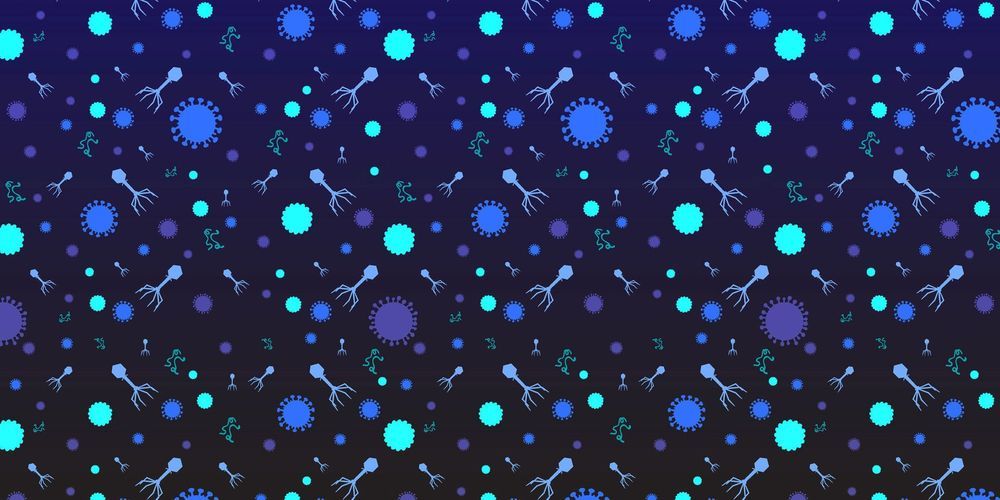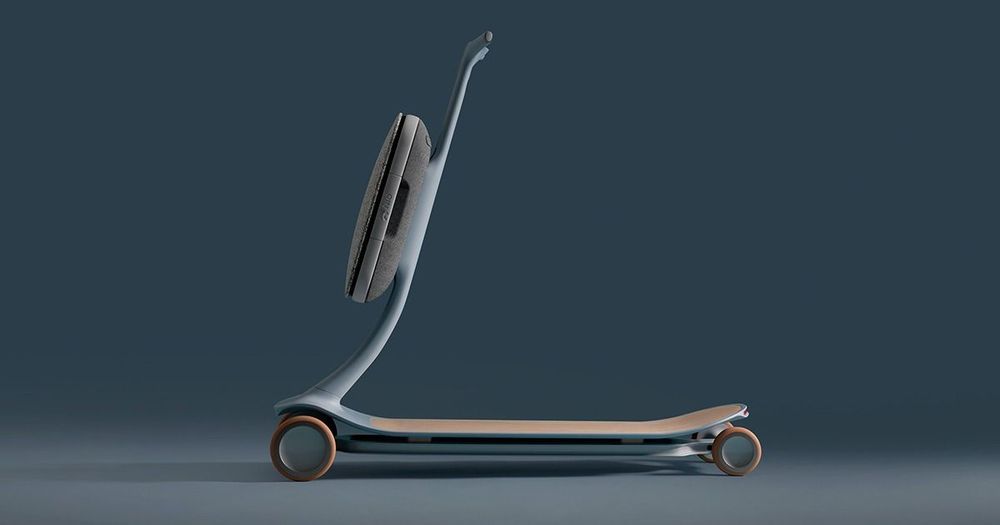If you’ve been playing Fortnite in the past day or so, you may have heard a rumble. It’s a little one, right now—some players likely didn’t notice it amid a field of explosions and shotgun blasts—but it’s definitely happening. Social media is full of reports that the leaked Earthquake event is in fact already underway, albeit apparently in its very early stages. It’s unclear what’s going to happen or what’s going to come of it, but the fact that it’s already started makes it clear that this is happening now, not later.
We don’t know much about the earthquake yet, mostly because whatever files are going to be used to govern it are likely yet to come with next week’s patch. But we can assume that the tremors we’re feeling now are at the very low end of what’s to come, and leaked files indicate that they could get to be around 70 times stronger. It’s also not so much of a leap to assume that we’re going to get some cracks opening up throughout the map, and maybe even a volcano to balance out the icy biome that we got with season 7.
The earthquake would appear to be in some way tied to the Prisoner skin, who may be some sort of disgraced Fire King reclaiming his throne. Traditionally the challenge skin plays some role in ushering in the next season, and he may be on his way to summon up some grand fire storm akin to the ice storm from earlier in the season, or something like that. An earthquake follows from that and offers up a chance to transform the map on a fairly grand level: as big as the ice biome was, the rest of the map was relatively unaffected save the addition of ziplines.





